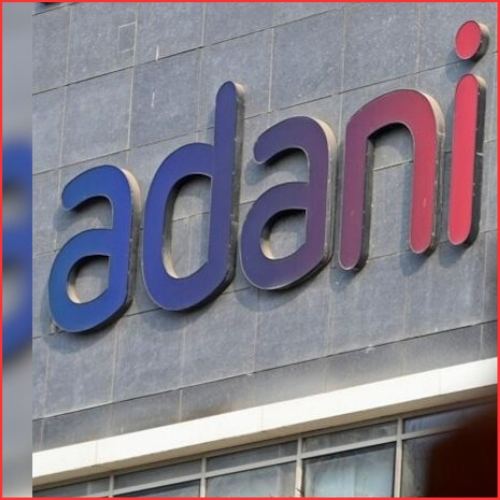For the fourth month in a row, India’s demand for Russian crude oil exceeded that of traditional middle eastern suppliers as refiners rushed to buy up plentiful cargoes that were offered at a discount to other grades. India’s demand for Russian crude oil reached previously unheard-of heights in January.
According to energy cargo tracker Vortexa, Russia’s market share of India’s imports increased to 1.27 million barrels per day in January from less than 1% before the commencement of the Russia-Ukraine war, taking 28% of the market.
India, the third-largest crude oil importer in the world after China and the United States, has been snatching up Russian oil that was on sale after some in the West avoided it as retaliation for Moscow’s invasion of Ukraine.
Prior to the start of the Russia-Ukraine conflict, Russia held a 0.2% market share in India’s import basket; by January 2023, that percentage had increased to 28%.
India will continue to purchase crude oil from any country, including Russia, to fulfil its energy demands, according to representatives at the India Energy Week (IEW) 2023 in this city.
As part of the West’s effort to constrain Moscow’s oil profits and restrict its capacity to conduct war in Ukraine while maintaining stable global pricing and supplies, the executive body of the European Union has requested its 27 member countries to cap the price of Russian oil at $60.
According to industry insiders, the price of the crude cargoes that Indian businesses were buying was less than the $60 per barrel maximum set by the G7.
Russia and its customers must employ ships, insurance, and finance beyond the G-7’s purview in order to maintain oil sales. The US is okay with Russia selling its oil outside the cap as long as it uses non-Western finance, insurance, and transportation, which will probably be more expensive.
The market share held by Russia in January increased from 26% in December. In October 2022, Iraq was demoted to second place and provided 20% of the oil that India imported.
The demand for African crude in India has been negatively impacted by the increased proportion of Russian crude supplies to the nation. As a result, West African crude’s share has decreased from 12.5% in 2021 due to tighter market conditions, more volatility in the freight markets, and other factors.
Following Russia’s invasion of Ukraine, major consumers in Europe boycotted Moscow’s crude, resulting in a historic discount of up to $40 per barrel on the market. China and India were the main consumers of the majority of Russia’s crude exports, which went to refiners in Asia.
Read More-“India Prioritizes Green Energy During G20 Presidency with Ambitious Plans”















